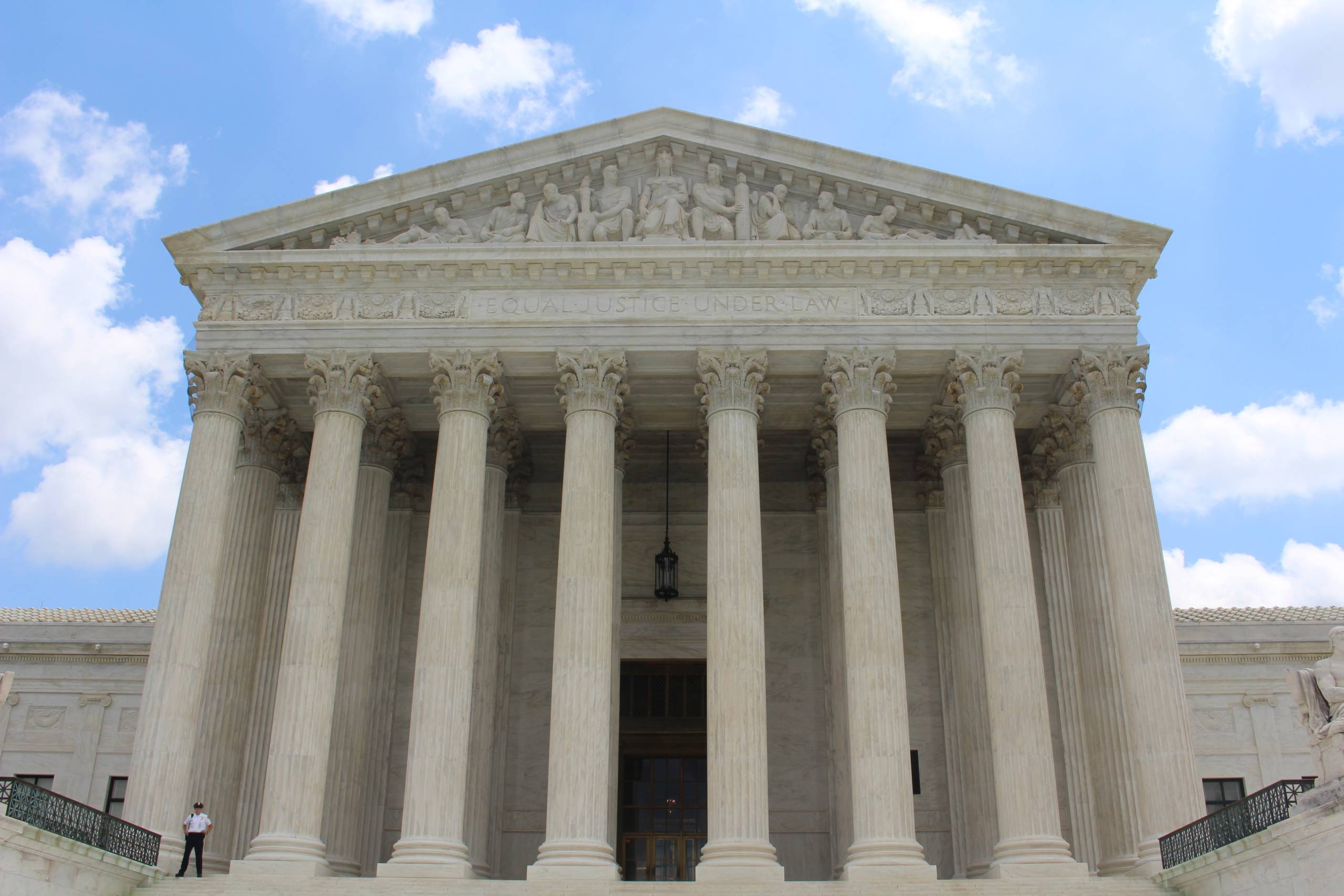On April 7th, the Senate confirmed Supreme Court nominee Neil Gorsuch, by a 54-45 vote, as the 113th Justice of the U.S. Supreme Court.On April 7th, the Senate confirmed Supreme Court nominee Neil Gorsuch, by a 54-45 vote, as the 113th Justice of the U.S. Supreme Court. This process has been contentious, with much opposition from the Democratic side. Gorsuch’s place on the Supreme Court, however, certainly helps Donald Trump in his attempts to reinstate a conservative leaning 5-4 court. All that being said, HR and benefits professionals in particular are wondering what exactly this confirmation will mean for future employment and labor cases.
Benefits experts say that the Gorsuch confirmation will likely benefit employers. He is expected to side with the other four conservative judges, and these judges have often taken a pro-business approach. Many are looking to Gorsuch’s track record and previously expressed opinions to get an idea of what decisions he may be making in the future.
In the past, Gorsuch has rejected expansive views of employment laws and administrative agencies’ authority, meaning he does not tend to defer to the agencies’ view of regulations or interpretations of federal laws. Gorsuch’s predecessor, Justice Scalia, tended to support the deferential approach, so his replacement by Gorsuch could to more employer-friendly results, as the agencies often make interpretations that favor employees.
Furthermore, some of his past decisions show that he is willing to uphold NLRB decisions that are consistent with its precedents and not arbitrary. In 2016, however, Gorsuch dissented a Tenth Circuit decision to uphold a NLRB decision that provided a method of calculating backpay in instances where unionized employees’ hours were wrongly cut. Though this decision to uphold favored employees, Gorsuch opposed it, claiming that it was not consistent with methods used for calculating backpay in other contexts.
In Hobby Lobby Stores, Inc. v. Sebelius, which ruled that closely-held corporations had the right to evade the Affordable Care Act’s contraceptive mandate on religious grounds, Gorsuch wrote a concurrence. When the case was appealed to the Supreme Court, that concurrence influenced Justice Alito’s majority opinion to maintain that forcing companies to provide coverage for contraception is in violation of the Religious Freedom Restoration Act.
In conclusion, Gorsuch’s track record suggests that he may lean towards decisions that are more employer-friendly. He is expected to side with the other 4 conservative judges on the Supreme Court, who tend to take a pro-business approach. While this could signify that Gorsuch’s place on the Supreme Court will be good for employers, it is important to note that many employment related issues are very complex, and it is very difficult to know for certain how specific judges will rule in various cases.

